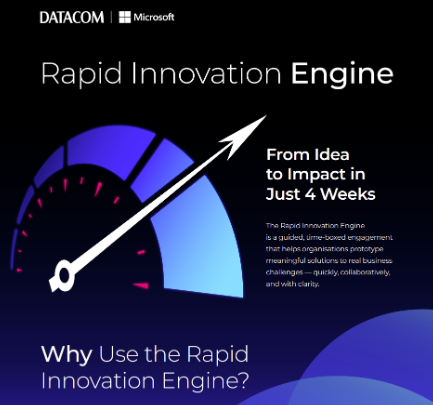The EU just launched a €1.2 billion cloud project to crack US dominance
State aid from seven countries will provide support boost competition with US providers


The EU has approved state aid of up to €1.2 billion for a cloud and edge computing project across Europe in a bid to compete more effectively with the US.
The scheme, called IPCEI Next Generation Cloud Infrastructure and Services (IPCEI CIS), has been backed by France, Germany, Hungary, Italy, the Netherlands, Poland, and Spain, and is aimed at creating the first interoperable and openly accessible European data processing ecosystem.
Nineteen companies, including several SMBs, will be involved, helping to develop data processing capabilities, along with software and data sharing tools to enable federated, energy-efficient and trustworthy cloud and edge distributed data processing technologies.
Companies involved in the project include Atos, Orange, Deutsche Telekom, Siemens, Telecom Italia and Telefonica Espana.
Commissioner Didier Reynders, head of the EU’s competition policy, said the scheme aims to drive “highly ambitious research” to bolster support for EU-based companies.
"This Important Project of Common European Interest is the first one in the cloud and edge computing domain. The participating member states provide up to €1.2 billion in public funding, expected to unlock an additional €1.4 billion in private investments," he said.
"The IPCEI will provide for highly ambitious research, necessary to enable the uptake of innovative data processing applications and services for European businesses, public administrations, and citizens."
Sign up today and you will receive a free copy of our Future Focus 2025 report - the leading guidance on AI, cybersecurity and other IT challenges as per 700+ senior executives
The plan is to develop open source software that will allow for real-time and low-latency services, EU lawmakers said, with individual projects covering the entire cloud edge continuum, from the basic software layer to sector-specific applications.
There will be several areas of focus. The first, Cloud Edge Continuum Infrastructure, looks to update existing technology to work with new applications, including developing open source software to help cloud service edge nodes from various providers interoperate.
There are also plans to develop open source software that enables businesses to form their own private clouds by pooling resources from various data centers.
Advanced Smart Data Processing Tools and Services covers cross-industry cloud and edge services, along with AI models that can process text and multimedia in various languages and provide platforms to simplify developing AI applications.
And finally, Advanced Applications are aimed at using these technologies in specific fields such as the energy, health, and maritime sectors.
RELATED RESOURCE

Watch this on-demand webinar to learn how Roche drives workforce productivity by simply and securely connecting internal users to applications.
One company to receive funding is Italy's Tiscali, which says it will be setting up a lab to develop specific large language models for each European language.
Deutsche Telecom, meanwhile, will be working on a common European cloud and edge cloud infrastructure.
"Edge Cloud represents the next frontier in telecommunications and digital infrastructure," said managing director, business customers, Klaus Werner. "With the support of the German government and European partners, we're not just exploring this frontier; we want to shape and define it."
The project is expected to create around 1,000 jobs, initially for data scientists and AI specialists, with another 5,000 or so coming during the commercialization phase.
If projects receiving a large amount of aid turn out to be very successful, generating extra net revenues, a claw-back mechanism means that the companies will return part of the cash.
R&D and the first industrial deployment phase will last until 2031, with the first result, an open-source reference infrastructure, due around the end of 2027.
Emma Woollacott is a freelance journalist writing for publications including the BBC, Private Eye, Forbes, Raconteur and specialist technology titles.



